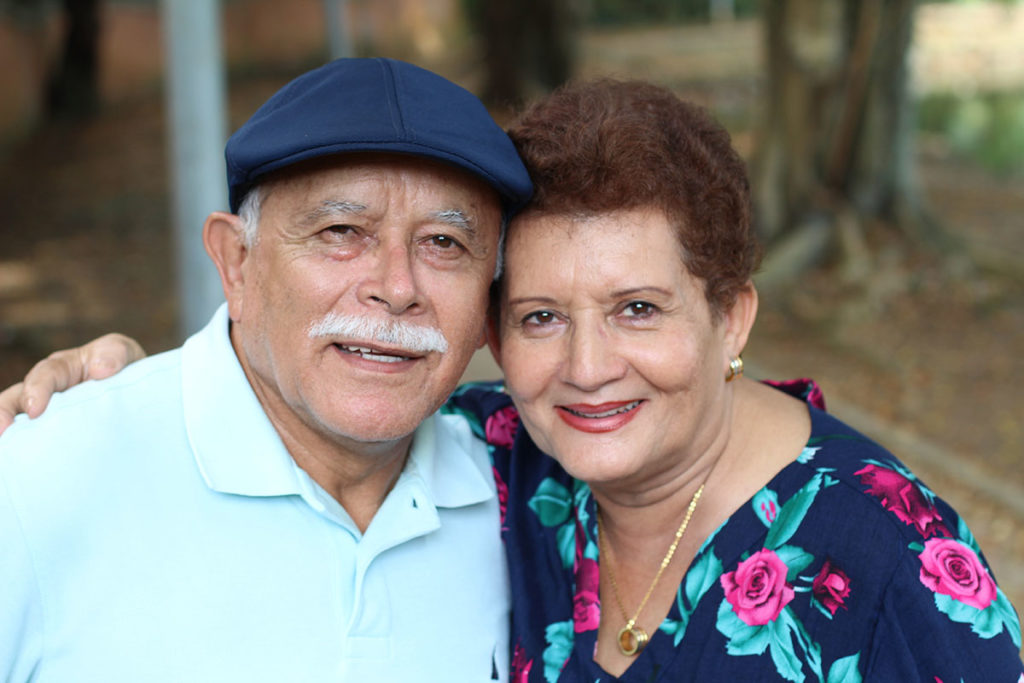
Although it doesn’t happen often, the detention of U.S. citizens who are unable to prove their United States citizenship takes place more than the public suspects.
The recent news story of Lorenzo Palma reminded me about this sad reality.
Call Today:


Although it doesn’t happen often, the detention of U.S. citizens who are unable to prove their United States citizenship takes place more than the public suspects.
The recent news story of Lorenzo Palma reminded me about this sad reality.
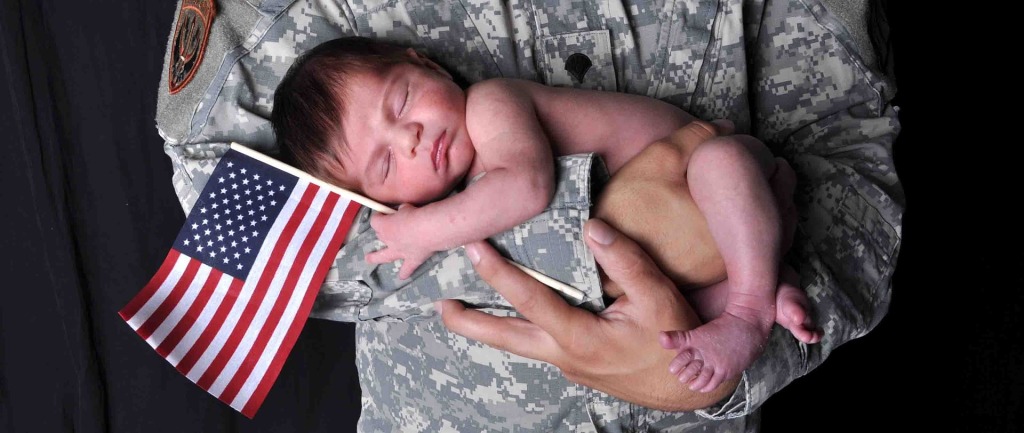
A few months ago, two twin brothers in the mid-60s came to my Riverside immigration law office to discuss a letter they had received in the mail a few days before.
They had been scheduled for an appointment at the local U.S. Citizenship and Immigration Services office to provide proof that they were really born on American soil.
They had been U.S. citizens since their birth over six decades ago. They had no arrests or convictions. They had faithfully paid their taxes each year and owned homes. They were married with adult children.
They now faced possible deportation.
The problem?
They were born in a Texas border town with the assistance of a midwife.

Growing up multicultural has many benefits.
Learning there is more than one way to skin a cat – that different approaches to the same problem may be equally valid – is one such virtue of living in a home with parents from diverse ethnic backgrounds.
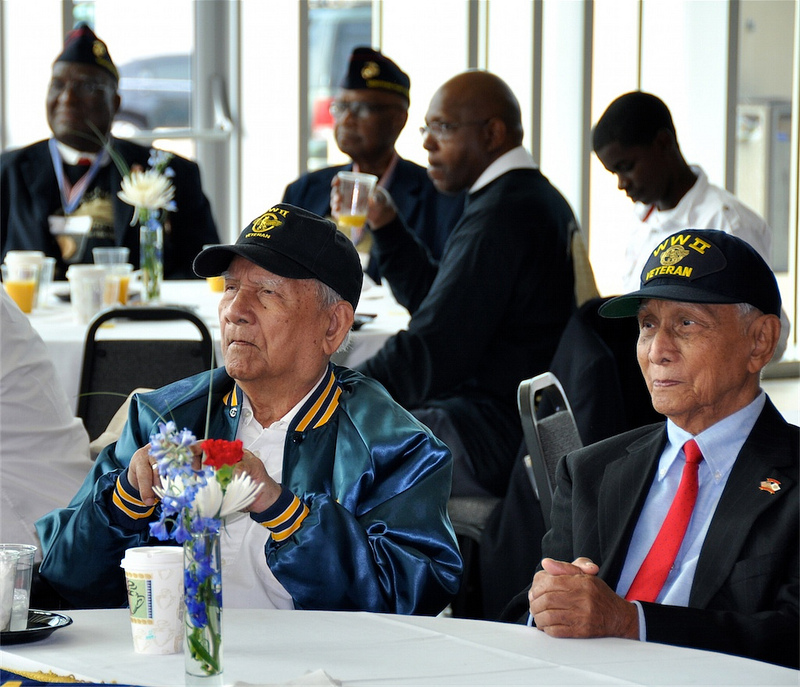
A friend in need is a friend indeed. But it’s what happens after the need subsides that the real quality of friendship is determined.
Take the Filipino World War II Veterans Parole Program (FWVP) implemented by the Obama Administration on June 8, 2016.
The new program, noted UCSIS Director Leon Rodriguez, “honors the thousands of Filipinos who bravely enlisted to fight for the United States during World War II.”
The commentary both overstated and understated the reality.
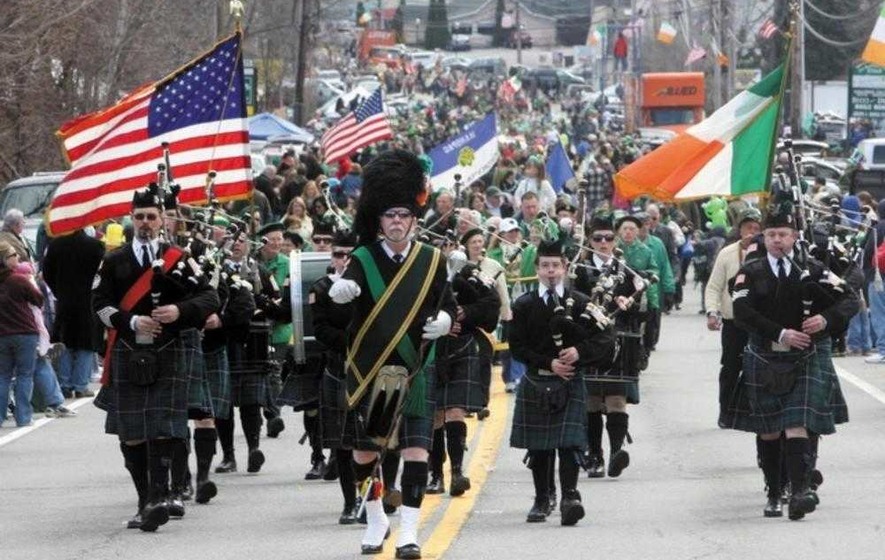
This article explores the issue of permanent residence for Irish immigrants in the United States. There are 50,000 immigrants from Ireland without a path to legalization. Yet, they remain invisible to much of the American public. The absence of a path to legalization creates a locked-in effect, preventing them from returning home, even in times of family emergencies. A political fix is needed.
Several years ago, I moved into a new neighborhood. Being a multiculturalism enthusiast, a family of five living across the street quickly caught my attention.
The wife was fair-skinned, short, with wavy red hair. The husband was dark, tall, with straight black hair. She was from Ireland. He was from Mexico. Their children’s pronunciations were unlike any version of English I had ever heard before.
I sensed one of my new neighbors lacked legal immigration papers.
The ordeal of migrants from Central and South America is a dangerous journey.
Yet, thousands make this trip every year, often with limited, if any food, clothes, money, or water.
Few really understand the ordeals they face like Joel Smith, Director of Operations at Human Borders, a Tucson, Arizona non- profit organization dedicated to taking death out of the immigration border equation.
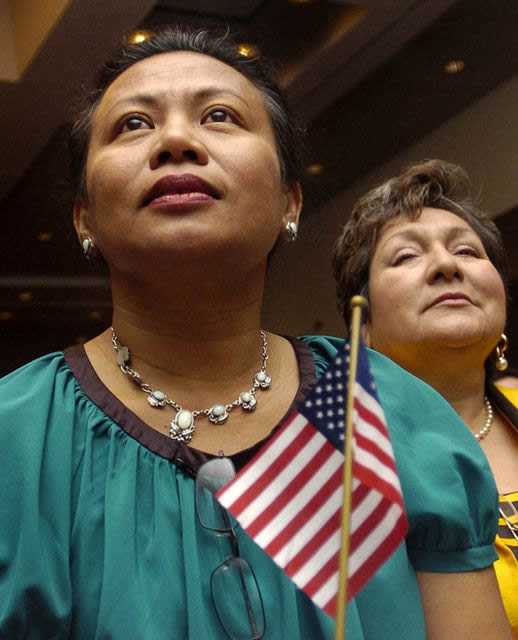
When I learned about the Obama plan to begin citizenship drives across the nation a few weeks ago, I had mixed feelings.
On the one hand, I wanted to cheer from the top of my lungs.
On the other, I suspected the current effort to push the merits of naturalization was driven by self-serving Democratic Party manipulation.
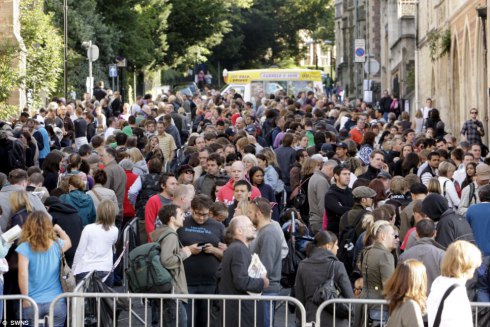
It started at the grill.
Trapped In The 1960s: Immigrant Relative Visas
Like every summer.
I, along with a few friends, sponsor an annual day-long neighborly celebration. A community-wide barbeque. (I’m the master chef. It’s my Bobby Flay imitation.)
One of the toughest issues to understand is why would millions of Latin Americans leave their homes families to make an illegal, expensive, dangerous and sometimes deadly journey to the United States?
To the extent this issue is discussed in the public arena, it is usually explored at a surface level, without a deep exploration of the causes or consequences of such migration.
This lack of truth and honesty prompted Ellin Jimmerson, a minister and civil rights activist, with a Ph.D in History, to produce “The Second Cooler”, an award-winning documentary on the immigration problems caused by NAFTA.

Major political changes do not happen overnight.
For many immigrants, this reality is not acceptable. They want change now – if not yesterday – and absent such an outcome, they lose heart.
Instead of continuing to fight for change, some retreat to the confines of living in the shadows.
Others seek short term benefits, risking the potential for deportation in the future.
They are willing to take poorly-calculated risks and seek short term benefits . . . benefits which carry the potential for possible deportation measures in the future.
Both subsets of immigrants – the drifters and the driven – would do well to step back and learn from the June 26, 2015 Supreme Court same-sex marriage victory.
A victory that opened the door not only for same-sex couples, but also same-sex green card marriages.